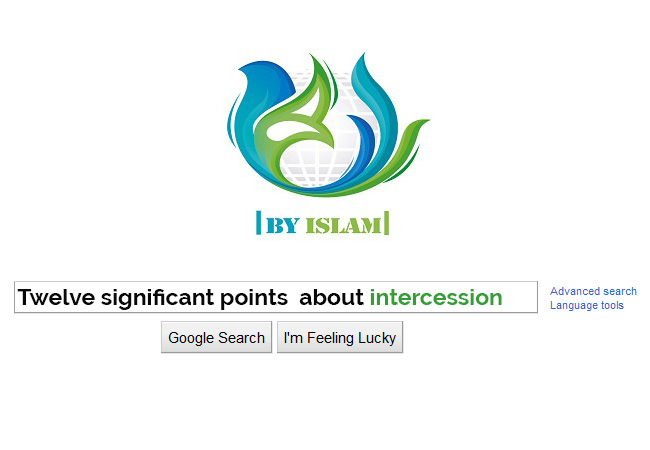Twelve significant points that you should know about intercession/6
 Types of Shafa’a
Types of Shafa’a
Shafa’a in Creation and Legislation
Shafa’a in creation means that the origin of any action or effect is God and all other causes and means are only means which deliver God’s mercy to lower levels by His permission. This way, all the causes in the world are intercessors of their effects since they deliver God’s mercy to lower levels. For example, the sun is the intercessor of the wheat grain to make it grow.
In the Glorious Qur’an we read, “To Him belongs whatever is in the heavens and whatever is on the earth. Who is it that may intercede with Him except with His permission?” (2:255)
Shafa’a in legislation means that God, out of His mercy, has sent laws for people which guide them and in fact intercede them to enter the paradise. All religious rulings are of this type.
True and False Shafa’a
False Shafa’a is that the wrongdoer acts against the law and influences the will of the lawmaker through an illegal way. Such kind of Shafa’a in this world is an act of oppression and impossible in the hereafter.[1] The objections to Shafa’a are mostly of this kind and this is rejected in the glorious Qur’an as well.
The false Shafa’a originates from the belief in Tafwid [unrestricted human delegation] which is a wrong belief meaning that after creating the world, God delegated its management to others and He has no role in it and thus people would be able to make Shafa’a independently and if one can attract the intercessors’ favor, he would not need God. True Shafa’a as mentioned in the Qur’an which is believed by Shi’a and supported by Imams (a) is that Shafa’a in its wholeness belongs to God and no one can make Shafa’a without His permission.Prophets (s) and Imams’ (a) Shafa’a never means that they have an independent role or that to be privileged by their Shafa’a, one would need to do anything other than what God has ordered. On the contrary, they would only make Shafa’a for someone, God would be pleased with, “…and they do not intercede except for someone He approves of,…” (21:28)
Shafa’a for Forgiveness and Shafa’a for Propmotion
Sometimes, Shafa’a is for promotion which is accepted by all Islamic schools and sometimes, it is for forgiveness of the sins which some schools of Islam such as Mu’tazilites andKharijites reject. These two schools do not accept that Shafa’a would be made about those who commit greater sins and those who are entered to the hell. They says that, “one who has entered the hell would not exit it.”[2]
Someitmes, Shafa’a is about issues in the hereafter, such as the Shafa’a of the Prophet (s) for the sinners on the Day of Judgment and it is sometimes about issues of this world. If some actions are good, Shafa’a for them is also good, and if it is about sins, it is not only bad but also the intercessor needs to take the responsibility for a part of it.[3]
[divider]
1)Mutahhari, ‘Adl-i ilahi, p.234
2)Ash’ari, Maqalat al-islamiyyin, vol.1 p.168,334; Zamakhshari, al-Kashshaf, vol.1 p.152
3)Qur’an 4:85


